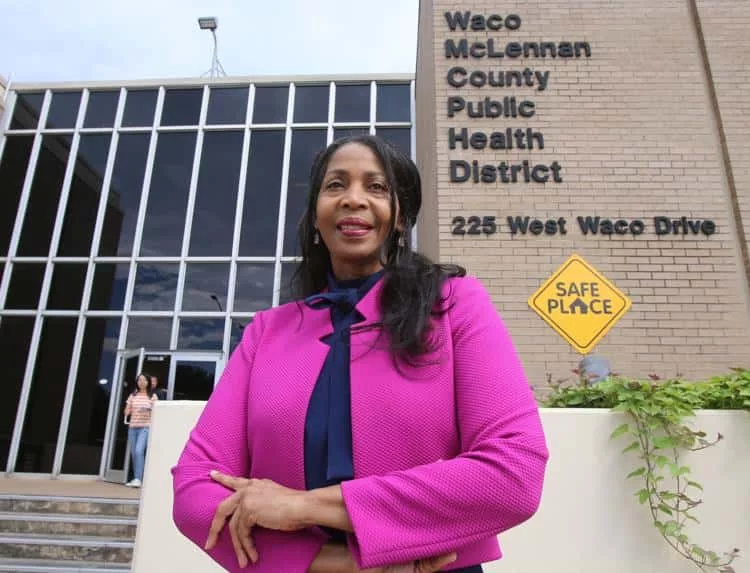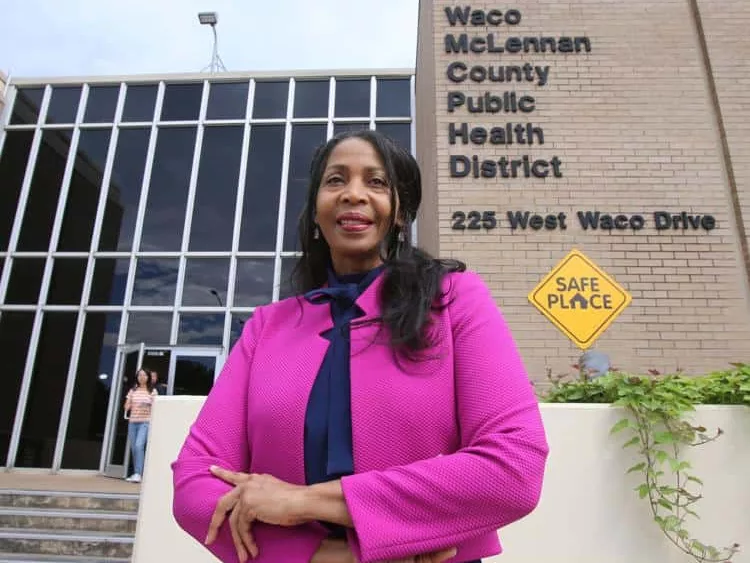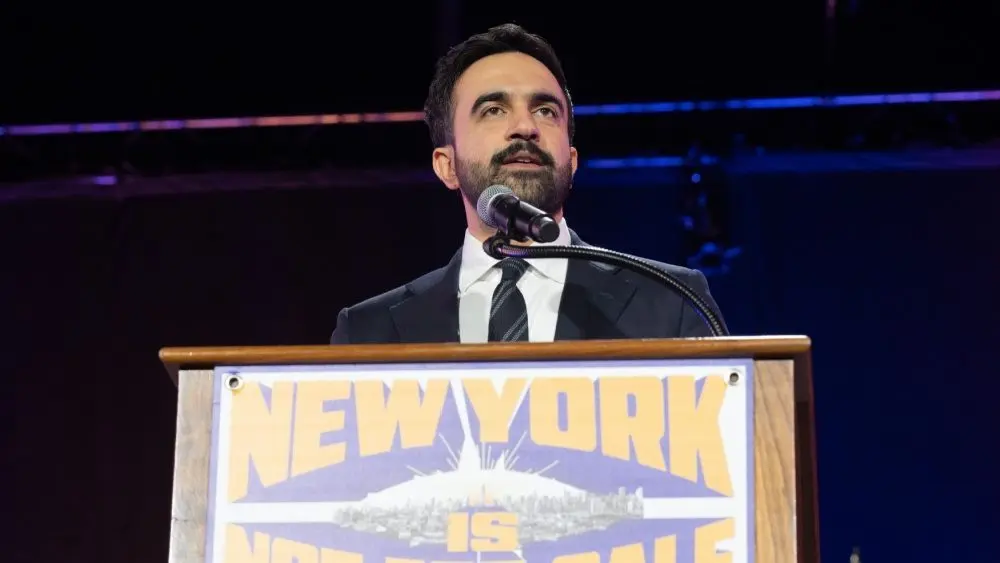
The Waco-McLennan County Public Health District’s new director sees potential in Waco.
Public Health Director Brenda Gray officially took over the role earlier this month. The Mississippi native has worked in public health in the Midwest and in her home state of Georgia for about 30 years. She has tried to improve health in underserved communities, and the city of Waco’s focus on equity means she has a chance to do the same here, Gray said.
“This ground is fertile,” she said. “We have the city leadership saying, ‘health, health equity and racial equity, those are priorities for us.’ I could see a groundswell of engaged citizenship, people who want better, and then there’s been private investment along the way with the Waco Foundation looking at inequity through a lens of health.”
With engagement and support from so many key players, it is possible to tackle public health issues from every angle, she said.
“Having that sense that people understood that … was important to me,” Gray said. “Not only was the opportunity fertile for me, I looked at culture and community here in Waco and I thought it was a good place for my grandchildren.”
In preparation for the new job, she studied Waco’s Community Needs Assessment, which outlines health challenges the county faces. The assessment notes a lack of access to care; nutrition and physical activity needs; and deepening mental health needs, issues that are far from unique to the area, she said.
“I think all across the United States, in every big city and small town, there are those top three things that are resonating,” Gray said. “We certainly can make some strides there.”
She said a mental health crisis affecting much of the nation is worsened by several incidents in recent history, including the 9/11 attacks, the 2008 recession and ongoing political turmoil. Another phenomenon, health anxiety, sometimes overwhelms patients and prevents them from seeking or completing treatment, complicating health care even further.
“We live in a place where there’s this constant turning on of that cortisol mechanism,” Gray said, referring to the body’s main stress hormone.
Gray said public health, while important, is often overlooked or counted out by the average person, though environmental factors determine health outcomes more than genetics.
“Public health is the prevention and the promotion and protection of health,” Gray said. “I think there’s a little bit more education that needs to be done here on the value of public health.”
Gray’s passion for the field began when she was a girl, long before she had ever heard of it. She said a mentor at Tougaloo College in Jackson, Mississippi, was the first role model who taught her about public health in the academic sense, but her first role models were much closer to home.
“My mother and my grandmother had lived the life of public health advocates and public health workforce without having the formal training, or the titles, or even the understanding of what that work was,” Gray said. “As a young girl, my value system had been very influenced by women who served their communities through that public health lens without having the formal training.”
Her grandmother worked as a midwife during the late 1800s and early 1900s in Raymond, Mississippi. Gray said most people in the area relied on midwives at the time, and she grew up hearing stories about challenging births and the elderly neighbors her grandmother and aunt cared for.
“My mother certainly had the same flavor for how she raised us,” Gray said. “There were community kids she fed. There were elderly people in our family she took to the doctor and bought groceries for.”
She said growing up, she knew she wanted to work in education or health, having seen the link between the two for herself time and time again. As an undergraduate she majored in biology, discovered she had a talent for leadership, and took a medical sociology course that set her path in stone.
“I’d found my passion for what I knew my life’s work was going to be,” Gray said.
She began studying public health at The University of Alabama at Birmingham shortly after, learning about the complex system that incorporates other fields, including epidemiology, child care, biostatistics, behavioral health, and, in more recent years, disaster preparedness.
“We’re having serious environmental and climate changes that public health has got to be prepared for,” Gray said.
As young parent at the time , she felt drawn to child care and women’s health. However, she settled on health behaviors as her focus.
“I’ve always had this question,” Gray said. “Why do people not change their behaviors? Why isn’t the knowledge enough? How is it that you can have the treatment plan, the regiment, and not abide by it? I just couldn’t bring those two worlds together.”
Studying behavior models helped her understand that dynamic more, and her doctorate studies focused on working understanding why some patients resist or shrug off treatments for chronic conditions.
“We have to create interventions from within those communities, looking not at what they don’t have, but what they do have,” Gray said. “For me, that was always the lens through which my mother and grandmother practiced. I think we have an intelligent nation, but we need to speak to the intelligence that people have.”
After years in the South, she moved to Wisconsin in 2010 following the death of her husband. She said she made the move deliberately.
“I was in an environment where every point was a memory, and I didn’t want to get stuck,” Gray said. “I challenged myself to apply for a job outside the state every week.”
She worked first in Milwaukee as a regional executive director for the Area Health Education Centers, which focuses primarily on diversity and distribution. The centers work with a range of health officials, from community health workers to doctors, to improve access and change health care. She said that background will be especially helpful in her new role as public health director in Waco.
“You learn things as you develop the infrastructure around transforming the practice, and how the workforce needs to shift to do that,” Gray said. “I think Waco is primed for that conversation.”
Later, she moved to Madison, where she worked for the University of Wisconsin as an associate director for academic and community programs.
“That platform really allows you to have the vision and set the tone for how that work is done,” Gray said.
She was part of an entity that studied chronic conditions that are common in Wisconsin, including diabetes, arthritis and heart disease. She also helped run public health awareness campaigns. She said she honed her ability to analyze and what is available to a community and to use that knowledge to close gaps in health care.
“That was probably the broadest opportunity I’d ever had to take the knowledge and skill set I’d gained over the first 20 years of my life, primarily in support roles to vice presidents,” Gray said. “I learned a lot from those other experiences.”
— WACOTRIB
— WACOTRIB





